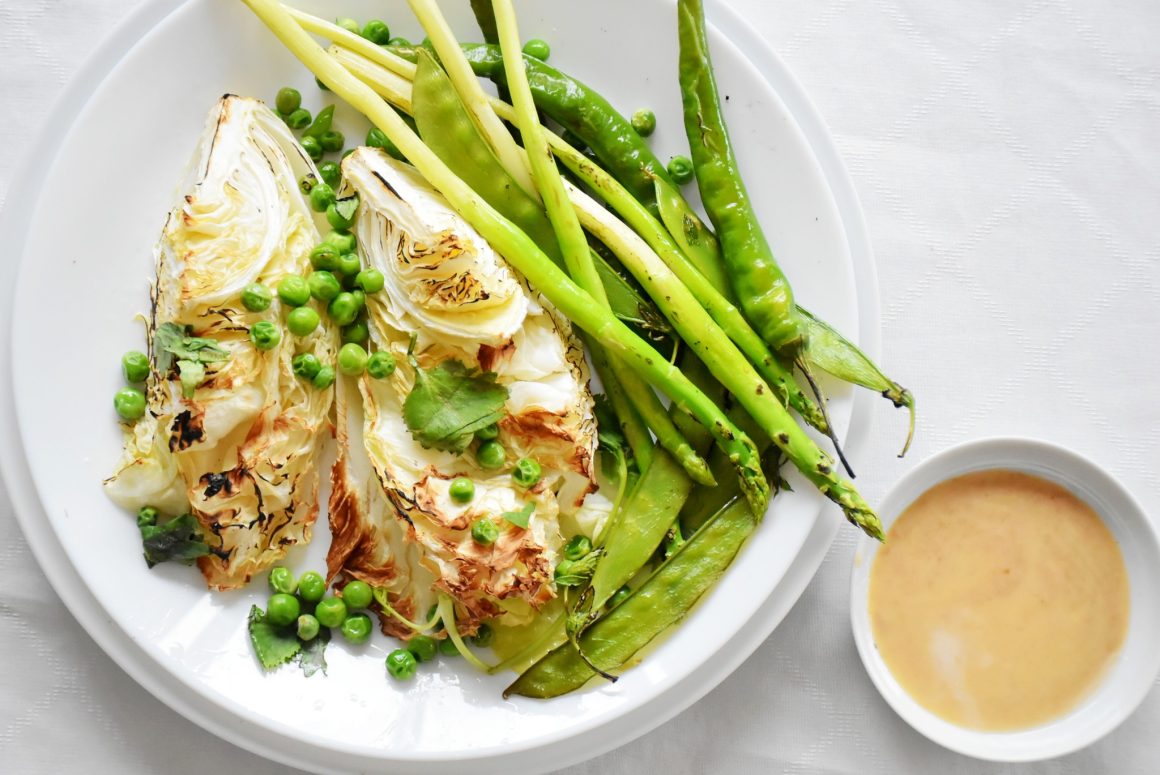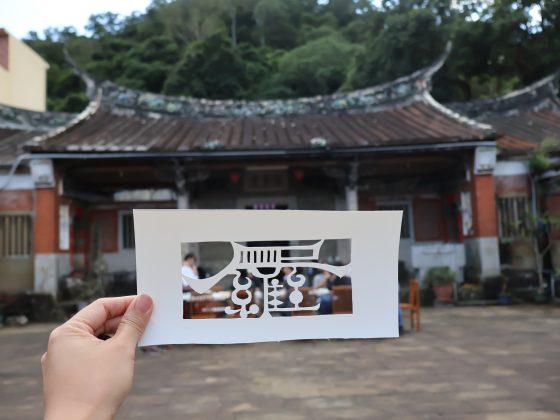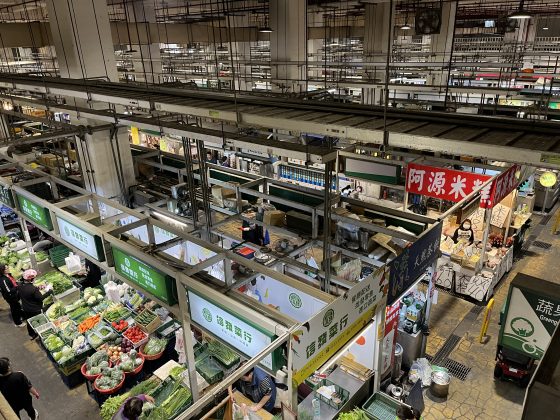Author & Photographer: Julien Huang
Indigenous communities are often romanticized for embodying an optimistic, life-enjoying spirit, often associated with activities such as singing and communal celebrations. However, the reality for those residing in Taiwan’s indigenous communities is a testament to their remarkable resilience in facing challenges such as typhoons, earthquakes, and the recurrent loss of cultural heritage and land during political transitions. Their ability to find joy in their daily lives serves as a crucial shield for their survival.
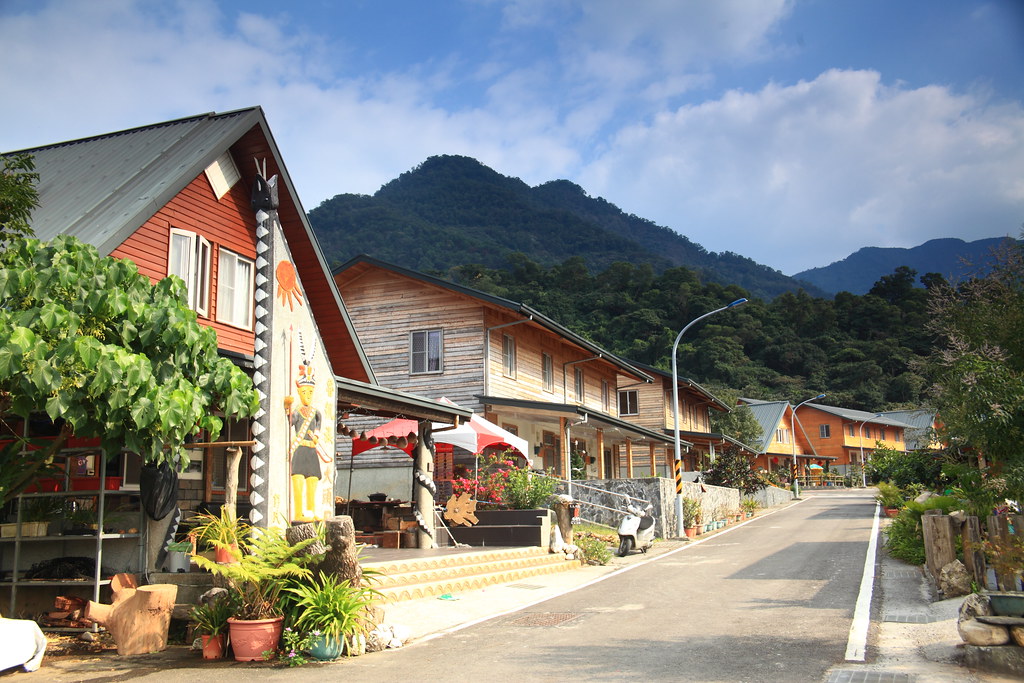
In Pingtung, the established community named “Rinari” in the Paiwan language symbolizes a place of anticipation, filled with blessings and hope. This community earned the label “new” due to the residents’ forced relocation after the devastating Morakot typhoon in 2009, which nearly wiped out the original village comprising 483 households. Collaborating with governmental bodies, businesses, NGOs, and other entities, they embarked on a fresh start, now known as the “Rinari Permanent House Tribe.”
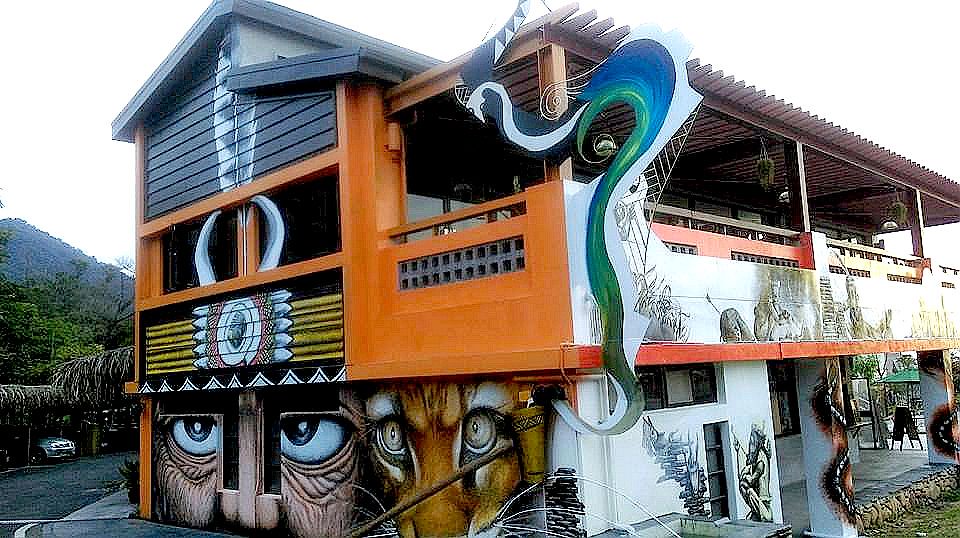
Today, Rinari has evolved into a popular destination in southern Taiwan, captivating visitors with its breathtaking landscapes. Beyond the natural beauty, the local tribe residents, tapping into their inherent aesthetic sense and creativity, have curated diverse experiential tours. One such highlight is the Ljaukui Workshop, led by the talented Bai Ljaukui, who uses materials like leather and dried flowers as her creative medium. She seamlessly incorporates tribal elements into her artistic endeavors, such as diamond patterns from the hundred-pacer snake and feathers symbolizing tribal leadership. Bai not only crafts beautiful accessories like floral crowns and bouquets from naturally air-dried plants but also actively trains fellow tribal women to establish micro-businesses through creative pursuits, fostering self-sufficiency.
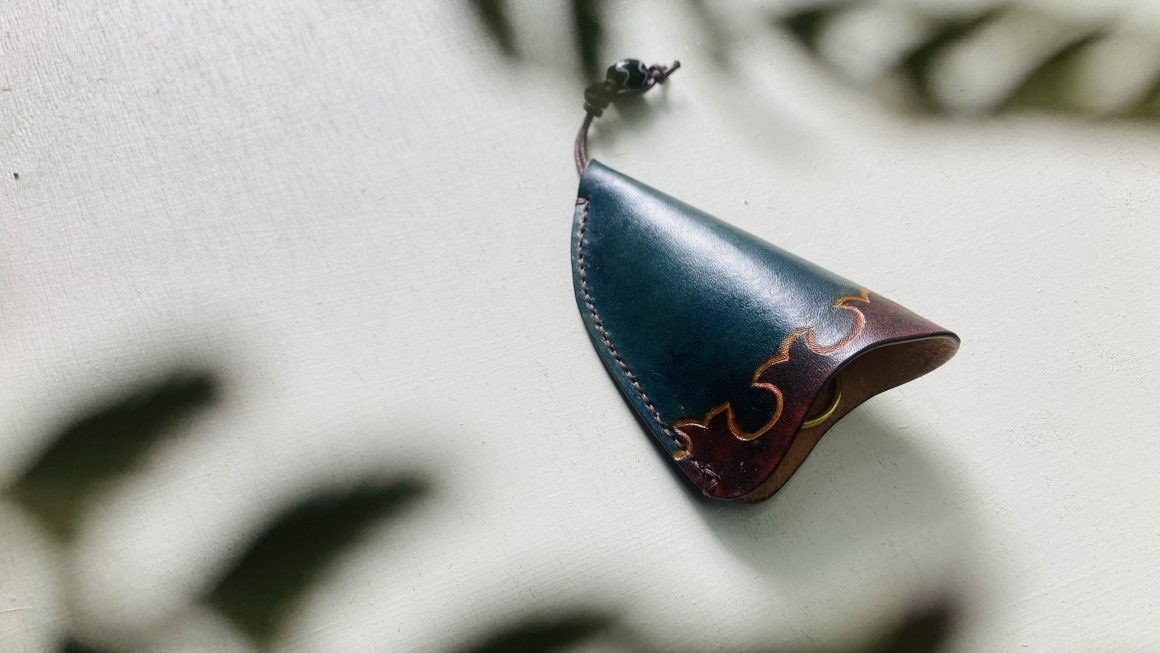
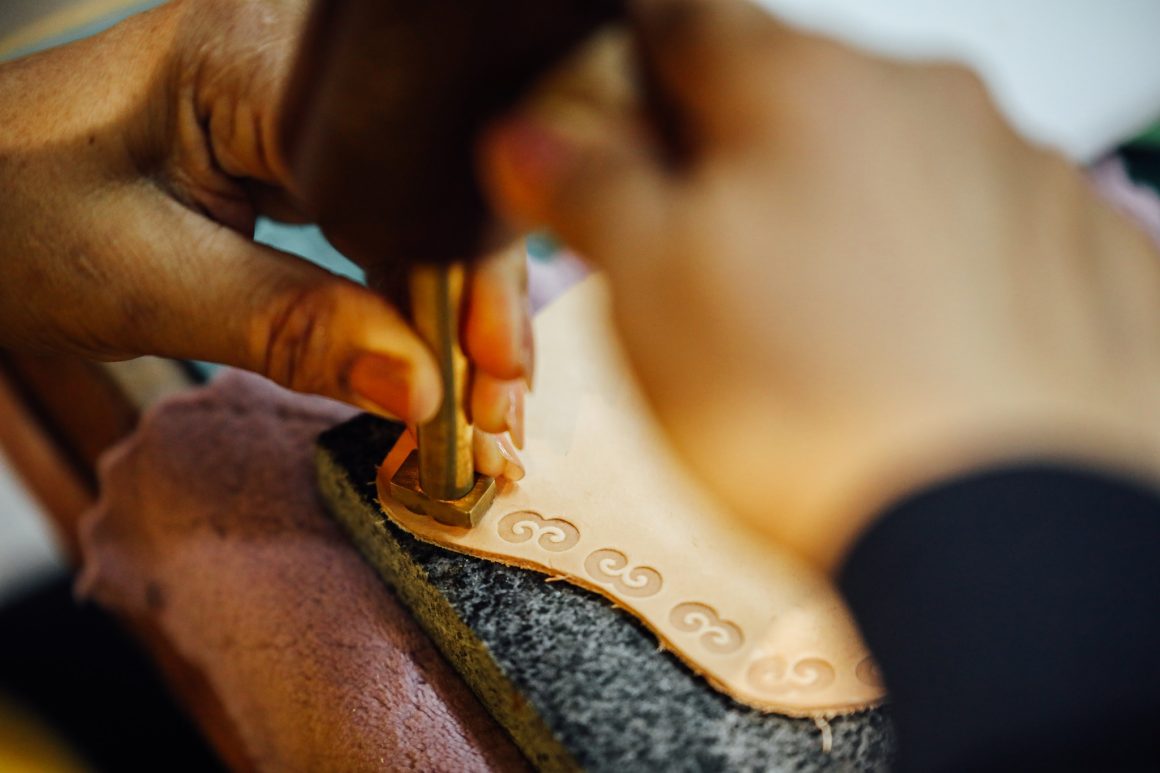
Visitors also have the opportunity to savor local culinary delights, such as those at Luluwan, a menu-free restaurant led by Balu. As the son of a tribal leader who returned to Rinari after his hometown was struck by disaster, Balu dedicates himself to promoting tribal community-based tourism. Luluwan serves as a platform for sharing the community’s stories and tribal culture through locally sourced ingredients, including sacred crops like millet. The elders still cultivate traditional crops, sun-drying them in front of their homes. Millet, with deep cultural significance in rituals and celebrations, not only satisfies hunger but also contributes to preserving traditional agricultural culture at Rinari.

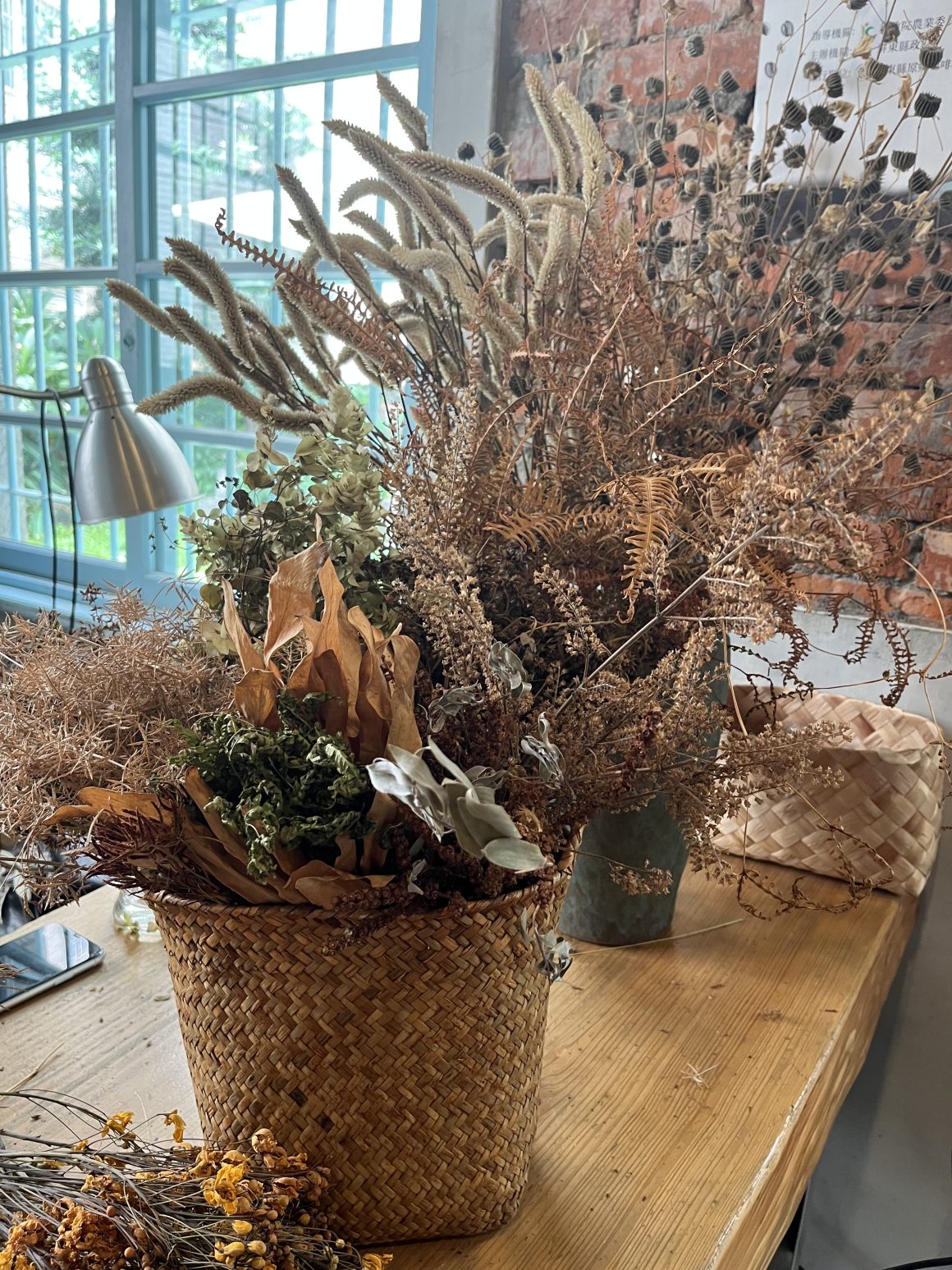
Accommodation in Rinari is available in the form of homestays rather than traditional B&Bs. Starting with just two households offering lodging, this has expanded to forty households. Staying with local families provides visitors with an opportunity to acquaint themselves with authentic indigenous culture. Exploring the local areas during the day and engaging in cordial conversations over drinks in the evening transforms visitors into friends of the tribe, fostering a deeper connection beyond typical tourism. A visit to Rinari becomes more than a typical outing; it becomes a chance to “come home.”
